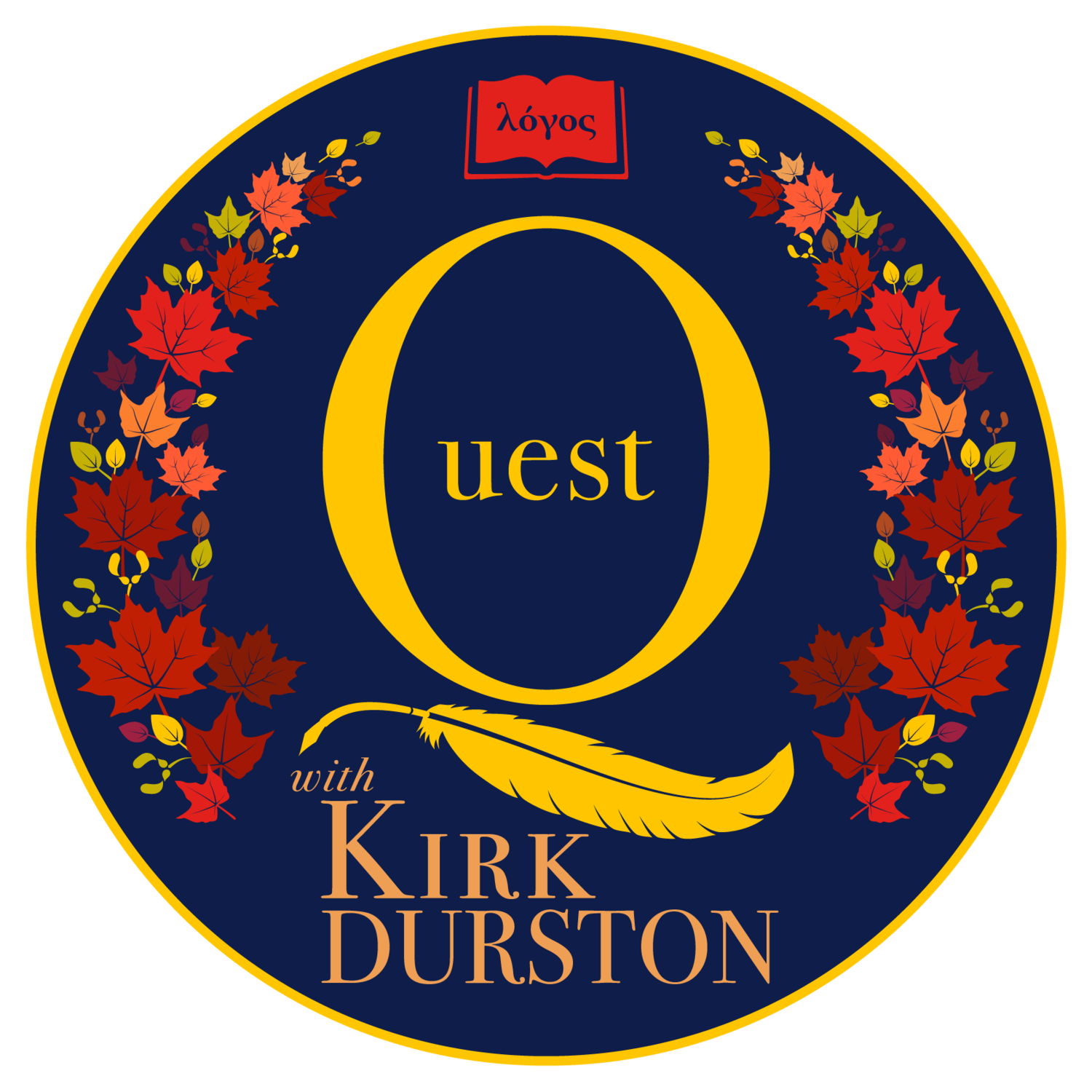The Religion that Began Before its Founder Appeared in History
After the Rain, Kirk Durston, 2016
From time to time over the lunch hours of my last year of high school, I would walk downtown to stretch my legs and look at merchandise I could not afford. The half-hour, round-trip walk was usually spent thinking (an affliction that continues to this day, even in the dead of night when I would much rather be sleeping). One particular wintery day on my way back to afternoon classes, I pondered the world religions, wondering which, if any, were true. Somewhere just beyond the local hydro office, I was struck by the realization that there is something highly unusual about Christianity that is not merely unique among the world religions, but without parallel in all of human history. Perhaps “highly unusual” is an understatement; it suggests that there is something that transcends time.
All other religions begin with one or more people who believe they have some special knowledge about the supernatural. These individuals appear in the timeline of history and, after their death, their teachings might continue to be promoted, collected into some sort of sacred book and, if the numbers continue to grow, you have the beginnings of a world religion. First comes the founder, then the religion follows later in history.
This seems trivially obvious, after all, who would expect the religion to start up first followed by the founder later in history. That would be absurd. Yet we have one case in human history of a religion that began thousands of years before its founder and central figure appeared.
“… we have a case in human history of a religion that began thousands of years before its founder and central figure appeared.”
Contrary to what many people assume, Christianity did not begin in the first century AD. The term “Christian” did,(1) but not the religion (if we can call it that). The term literally means “one who is associated with Christ”.(2) “Christ” is the Greek equivalent of the Hebrew “Messiah”, meaning “anointed one” … the one who had been spoken of in prophecies that go back to the dawn of humanity. Therein lies the singular uniqueness of the religion known as Christianity.
The Bible is divided into two major parts – an Old Testament and a New Testament. Scholars are unanimous in their agreement that the Old Testament was completed centuries before the time of Christ, though there is discussion of over what time period it was written. A internal examination of its contents, however, indicates that it speaks of events that go back many thousands of years before the time of Christ, all the way back to the dawn of humanity.
The fascinating thing about the Old Testament, is that it contains many prophecies about the Christ, or Messiah, who would be born in Bethlehem, be crucified, given vinegar to drink and his clothes gambled for, be God born as a little boy, be valued at 30 pieces of silver, and arrive prior to the destruction of Jerusalem, which occurred in AD 70. One of the most remarkable prophecies, however, is that he would fully meet the demands of flawless justice for all the sins of humanity, he would be killed, rise from the dead, and give eternal life to those who would put their faith and trust in him for forgiveness of sin and eternal life.
As a scientist, I am well aware that one of the best ways to test a scientific hypothesis (i.e., idea) is to see if it makes any predictions. If the predictions fail to come true, then the hypothesis is falsified. But if the predictions come true, then we can have more confidence that the hypothesis might be on the right track.
The beauty of this is that the Old Testament follows the same approach. It presented the idea that God was active within human history, and would one day appear as the Christ, or Messiah. The series of prophecies made about the Christ would permit us to test this theory. Christianity is the only religion in the world that set itself up for either falsification or verification with testable predictions that began at the dawn of human history.
Christianity is the only religion in the world that set itself up for either falsification or verification with testable predictions that began at the dawn of human history.
As I walked the last 10 minutes back to classes I continued to mull this fact over in my mind. The only way ancient writers who lived long before the time of the Christ could have written about the details of his arrival centuries later, is by obtaining that information from a source that transcends time. A source for whom the past, present and future are all in the eternal present. This highly unique phenomenon still strikes me today as something that commands attention. It is not proof that Jesus of Nazareth is the Christ/Messiah, but it is the sort of thing that does give unusual credibility to the belief that Christianity is true.
Photo by Nathan Dumlaoon Unsplash
So what is the next step? If you would like to discuss how to have eternal life and a personal relationship with God, you may find it helpful to connect anonymously with an online mentor.
[1] We have documentation in Acts 11:26 stating when the term “Christians” first came into use.
[2] Arndt, W., Danker, F. W., Bauer, W., & Gingrich, F. W. (2000). A Greek-English lexicon of the New Testament and other early Christian literature(3rd ed., p. 1090). Chicago: University of Chicago Press.







